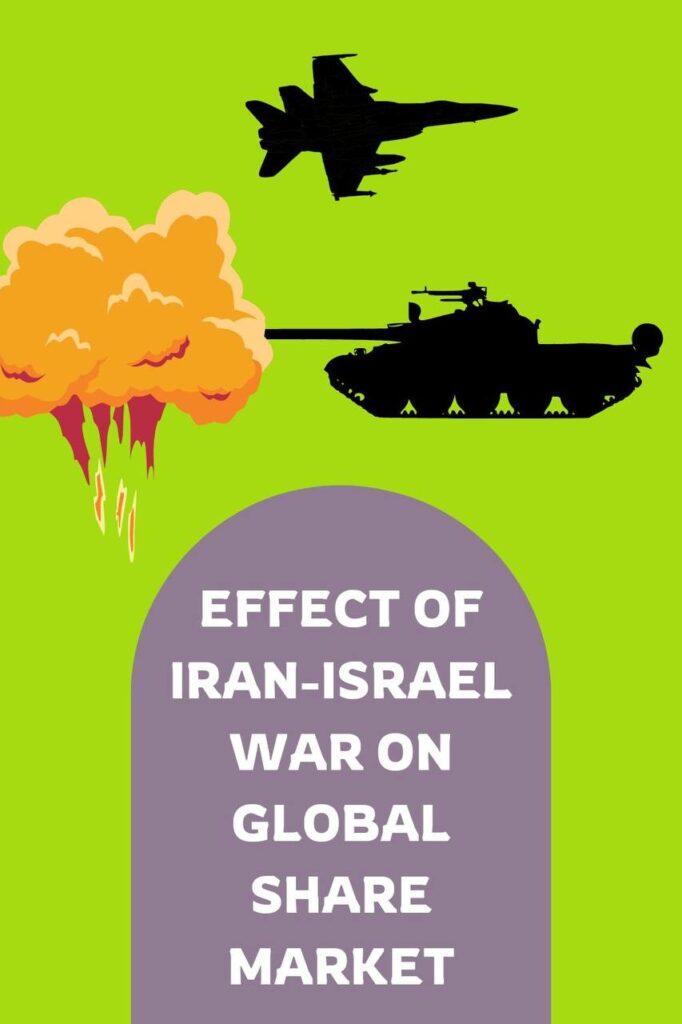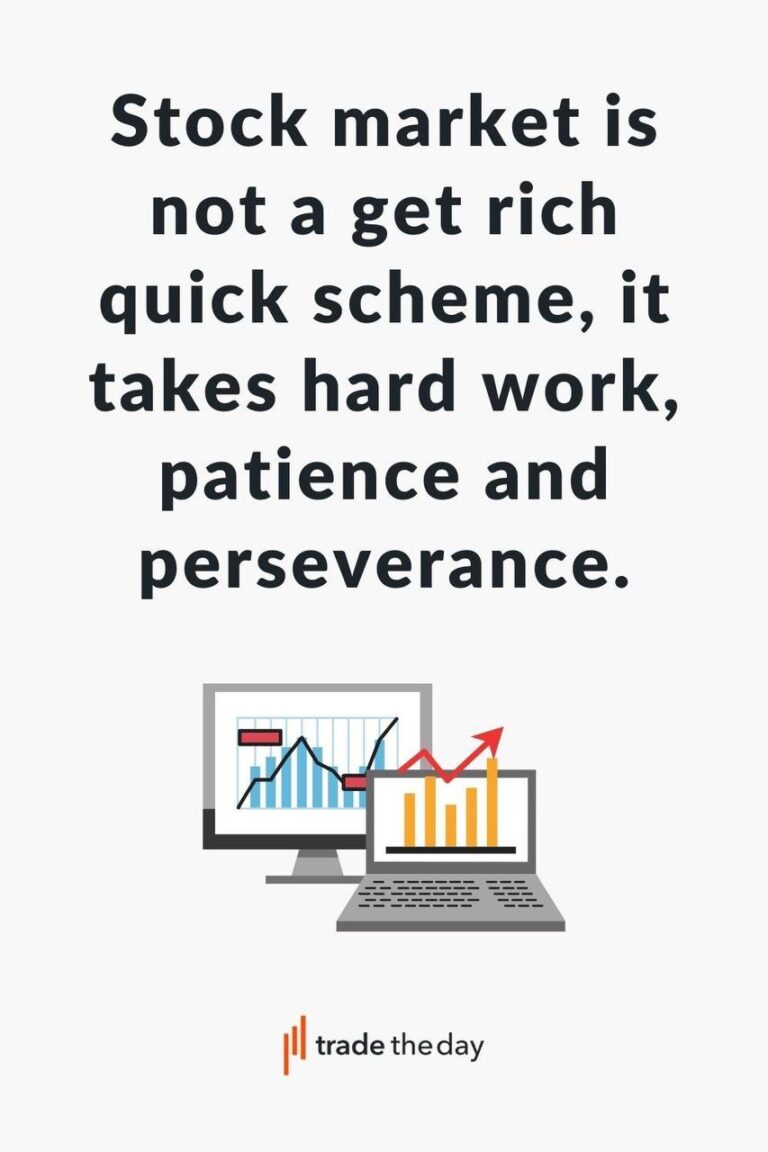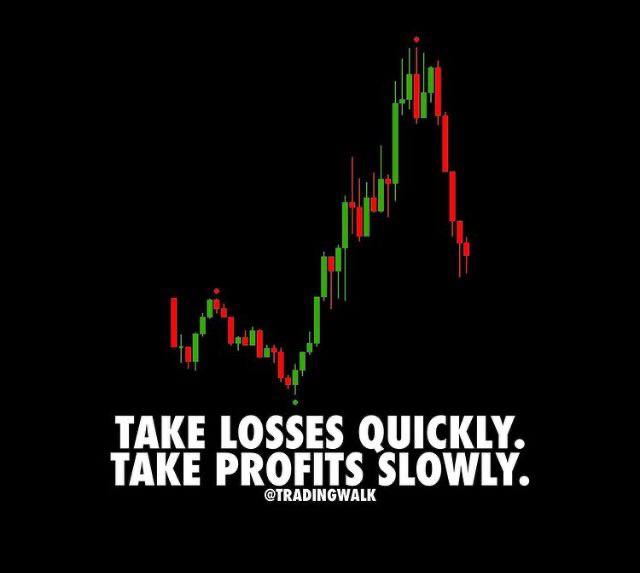While not on as grand a scale, war almost always has an impact on stock markets—often quite significant. Take note of recent headlines like United States airstrikes on Iran. It may feel like a distant geopolitical drama unfolding far away, but these events do matter in real life—and to the stock market reasoning near your investments.
📈 Key Market Indicators To Watch During War
If you’re huddled up and actively day trading then here are some things to focus on daily:
* Brent Crude Oil Prices – serves as a benchmark for inflation for energy.
* VIX (Volatility Index) – measures xeternal fear in the markets
* USD/INR exchange rate – critically important for import heavy businesses.
* Bond yields – shift during flight to safety. Slow changing high volume trades.
📌 Seem Booming But Will Struggle
You added previously benefiting sectors—now paint those which could underperform.
* Aviation & Travel – margin squeezed by soaring oil prices.
* Paint & Chemical Companies – Crude is a major input.
* Automobiles – demand drop with rising inflation.
* FMCG – Rural demand backed by persisting inflation weakens.
🧘♂️ What Long Term Investors Should
Soothing, calm voice tone is recommendable:. If you adbise dont, ensure simple direction that makes investing sense such as: Don’t UCAV chase volatility if seeking quick profits, during periods of heightened volatility.
* Stick with high-quality blue-chip stocks that have solid balance sheets.
* Gold ETFs, debt funds, or hybrid mutual funds can serve as a hedge for some portfolios in stock market
From other parts of the world:
* US Fed comments on geopolitical risk.
* Any global brokerage commentary (Morgan Stanley, Goldman Sachs)
* OPEC comments concerning stability mandates for oil output.

Offering this commentary helps provide more context to your blog rather than simply sharing your opinion.
1. 🛢️ Shifting Geopolitical Landscapes Causing Greater Price Volatility Concerns Than Ever
Due to Russia’s military actions against Ukraine, crude oil has surged almost 11% since mid June with Brent going from the $60 range to the $70 range where it hasn’t been in ages.
For every additional ten dollars in oil globally, GDP will take a hit of half percent which hinders economic growth globally by increasing inflation and central bank spending while also providing less room for financial growth down the line.
2. 📉 Increases In Volatility Leading To Dip In Markets
With major stock market events happening all over the world equity markets are being dragged down with both S&P 500 and Nasdaq losing about 0.7-0%. As tensions between countries rise people shift into safer assets such as gold and US bonds making those assets soar in value.
3. 🛡️ Other Industries Expected To Perform Better
Oil & Energy: These industries reap greater profits due to increased pricing when there are shortages elsewhere granting them better margins at lower output levels through demand driven pricing
* Infrastructure and Defense: These industries tend to receive targeted spending during wartime, especially in the United States and Europe.
* Safe Havens: Investors often purchase gold, bonds, or defensive stocks that are large cap.
4. Recovery Potential After Initial Drop
Markets bouncing back after a decrease has been consistent throughout history. They can rebound within weeks. This time seems different since there is a chance for S&P to pullback by 6-20% if we see higher tensions.
5. Effects on the Indian Market
For Indian Stocks it’s a mixed bag – while Nifty saw some gains, analysts predict further escalation will lead to increased volatility alongside fueling inflation hurt consumer sentiment. Additionally, Israeli-linked companies are expected to face greater declines.
6.stock market tend to follow recoveries
There is also evidence suggesting markets do tend to rise after panic selling THough there is only limit-ed scope of fighting or shortness of duration faced.
During these times long term investors benefit as prices dip due to panic selling while they hold or even buy more.

🔍 Recommended Action
1. Stay informed – Keep an eye on Price of oil and Volatility Index (VIX).
2. Be Sector Smart – Instead of cyclical plays, focus on stocks, bonds, gold, or other assets that are more defensive and better protected against inflation.
3. Stick to Your Plan – Avoid panic selling as long as there isn’t a drastic shift in market signals.
4. The Strategist: Tactical Move Consideration – Tactically buying the dip on well established blue chips can be beneficial but ensure stop-losses are in place to reduce risk exposure.
✅ Final Thoughts
The stock market is affected by war due to:
* Sudden changes in market activity (Volatility)
* Changes in investment focus (Sector shifts)
* Public fear regarding stock market financial consequences (Sentiment)
Long-term smart investors will stay diversified and avoid emotional decisions.
Certainly, the Israel-Iran conflict is causing some oil price increase along with heightened fears resulting in reduced market activity—this results in some temporary market volatility. Conflicts tend to allow for greater market rebound after they fade or stabilize, and truly smart investors will remain disciplined through careful diversification and use disciplined strategies, looking beyond mere reactions.
If you are interested in detailed sector plays, defensive charts, or gold vs bonds analysis, please reach out!



1 thought on “📉 Is the Israel-Iran Conflict Impacting the Stock Market?”